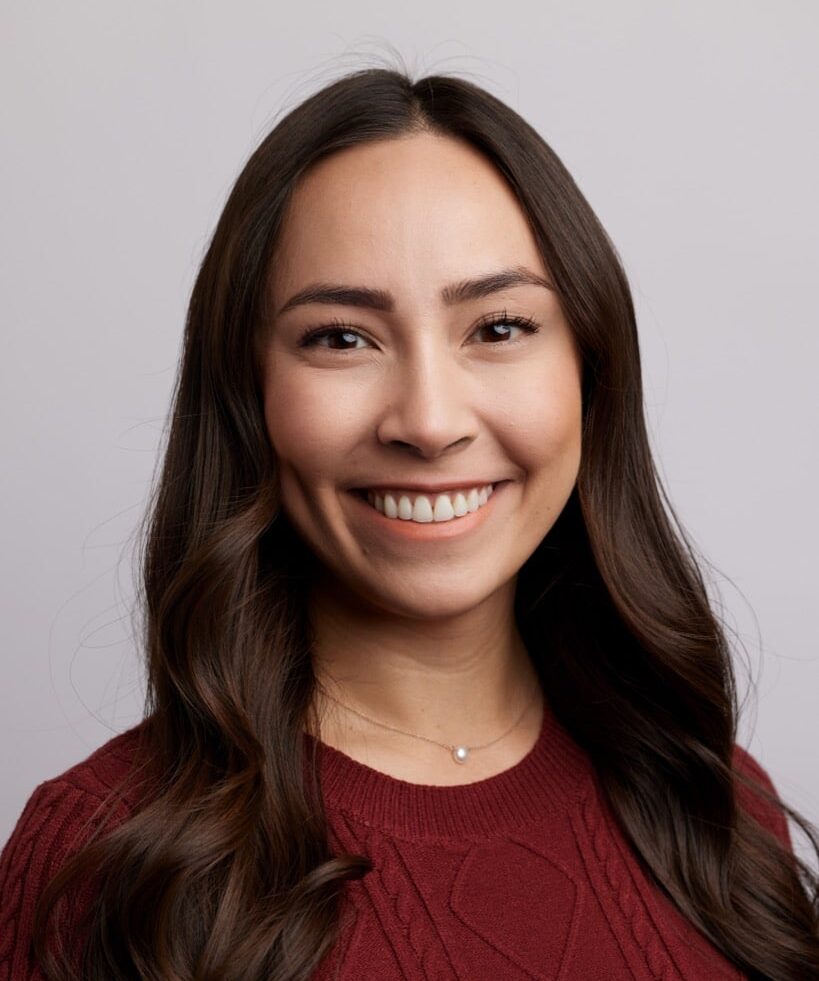March is Women’s History Month, and we’re here to shine a spotlight on our female dentists!
Considering that women weren’t allowed to have their own bank accounts or credit cards until 50 years ago, let’s take a minute to applaud the influence they’ve established in today’s economy. Within dentistry, for example, more than 50% of dental school graduates are now women. At Dentist Advisors, we’ve also seen our female clientele skyrocket over the last few years.
While each woman is on her own financial journey, we have enough years’ worth of data to show us where women tend to do better when it comes to money. Here’s three examples we can all learn from:
Lesson #1: Women favor more liquidity.
Women are more likely to hold higher levels of cash in their portfolio. Liquidity preserves optionality and alleviates the threat of being backed into a corner.
There are two main reasons to hold cash:
- An emergency fund for both your business and at home
- Any short-term project coming up in your practice or personal life
At Dentist Advisors, we recommend carrying 3-6 month’s worth of your average living expenses in your Personal Emergency Fund. If you are a practice owner, you’ll want to have 1-2 month’s worth of your business overhead in your Business Emergency Fund.
Short-term projects may include a big home project or a large practice investment coming up in the next 1-2 years. It may even involve plans to hire an associate. Cash can be a good thing to have piled up when you have a known purchase or investment with a defined timeline.
As with most things in personal finance, there’s a balance. Not carrying enough cash puts you at risk, but carrying too much cash inhibits financial growth. High levels of cash in a portfolio is called “cash drag”. The excess cash you carry above what you need isn’t benefiting from potential investment returns. While it’s healthy to maintain a certain level of cash reserves for upcoming projects and rainy days, it’s not uncommon for women to carry too much cash and experience cash drag. According to BlackRock, men are “more likely to hold stocks than women and have less of their assets in low-return cash (60% of the portfolio for men vs. 71% for women)”.
Women are more likely to carry more cash than they need to and are half as likely to invest than men. However, when they do invest, they tend to be really good at it. Women outperform their male counterparts by 0.5%-1% in average annual returns. Why is this?
Lesson #2: Women keep their cool.
Women are less likely to mess with their investing strategy once it’s set. Men are more likely to pause their retirement contributions and withdraw money from the stock market. For those who have managed to stay the course, the markets have returned about 10% per year on average over the last hundred years.
Whether female investors know this or not, they are getting investing right. They stay calm and continue to invest even when the markets are volatile. An additional 1% of investment returns may not seem like a lot but it is. Let’s look at an example.
If you invest $100,000 over 10 years with a 10% average return, you’d end up with ~$260,000. If you increase the average return to 11%, you’d end up with ~$284,000. I’m always here for dramatic effect so let’s kick it up a notch. If that was $1,000,000 over a 10 year period instead, a 10% average return would net you ~$2.59M and a 11% average return would net you ~$2.83M. Almost $250,000 more!
Lesson #3: Women are not afraid to ask for directions.
A BlackRock study showed that women are more likely than men to ask for advice for their investment and savings decisions (64% vs 55%) and more likely to say they value professional advice (74% vs 64%). Women are more likely to get the help they need and shoulder the burden with a financial professional.
Research shows that working with a financial professional has several benefits including the chance for better investment returns. According to a Vanguard study, “behavioral coaching can add 1% to 2% in net return”. On top of that, having a specific accountability appointment with someone you’ve committed to increases your likelihood to complete a goal to 95%.
Women are keeping their Emergency Funds full, scoring better investment returns, and getting the help they need to get closer to financial freedom.
Over the next couple decades, women will inherit massive amounts of wealth that were previously held by Baby Boomers. This is called The Great Wealth Transfer. Different sources report that American women will inherit anywhere from $84 trillion to $129 trillion! By 2030, American women will manage at least $30 trillion which is more than the national GDP.
With all this money comes great responsibility. It’s more important now than ever for women to feel that they are in the driver’s seat of their finances. Being a dentist and managing your finances is not a solo sport.
If you want to surround yourself with other female dentists working on their financial journey, we are hosting a Women’s Money Conversation Circle at The Dentist Money Summit this June. We will be diving into our money stories and exploring our relationships with money. We have a special discount code for those who want to attend the money circle so please reach out!
Getting more involved with your money can feel overwhelming. Just know that with a little attention and investment of your time, there is power on the other side. If you’re a female dentist, the odds of financial success are on your side – if you just get started.
 Victoria Ferguson is a Financial Advisor and CFP®. She earned a degree in Finance from the University of Utah and has a background in women’s wealth, holistic financial planning, and building a strong financial foundation. Victoria enjoys providing the tools and resources for clients so they can make educated financial decisions they feel good about. It’s called personal finance for a reason. Learn more about Victoria.
Victoria Ferguson is a Financial Advisor and CFP®. She earned a degree in Finance from the University of Utah and has a background in women’s wealth, holistic financial planning, and building a strong financial foundation. Victoria enjoys providing the tools and resources for clients so they can make educated financial decisions they feel good about. It’s called personal finance for a reason. Learn more about Victoria.
Sources:
Daly, Lyle. “Women and Investing in 2024: Where Women Win.” The Motley Fool, 20 Feb. 2024
Green, Emily. “Why the Great Wealth Transfer Is Making History For Women” Ellevest, 16 Jan. 2024
Kinniry, Francis m, et al. “Putting a Value on Your Value: Quantifying Advisor’s Alpha.”
Newland, Stephen. “The Power of Accountability.” AFCPE, 27 Nov. 2018
Krawcheck, Sally. “The State of Women’s Financial Health”




